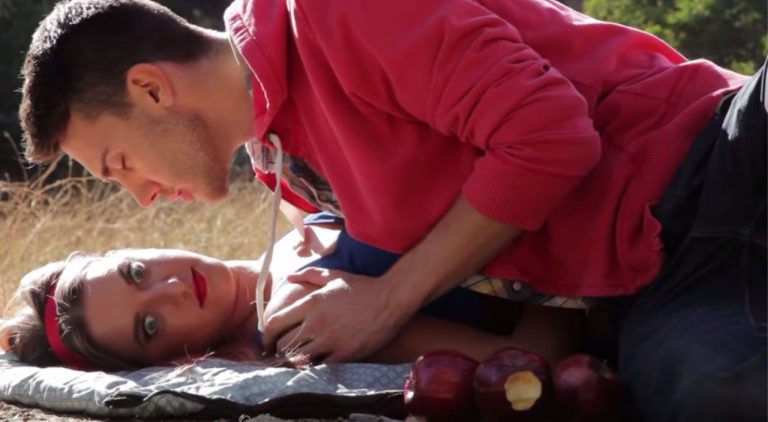#EmotionalSmarts Conversations on Parenting: Letting Kids Fail and Grow
June 10, 2014
We’ve all been there as parents. Our children face failure and we want to jump in to protect them. How do we, instead, use these moments to teach life-long skills that our kids need in order to thrive as their lives move forward?
A partnership between If You Can, Great Schools, and SocialMoms tackles this question in their second Google + Emotional Smarts Hangout. Moderator Carol Lloyd, executive editor for Great Schools, talks with former NBA star and education advocate Adonal Foyle and Today Show’s parenting expert, Dr. Michele Borba.
Adonal Foyle is not your stereotypical NBA star. He traveled from his home on the island of St. Grenadine, population 5,000, to pursue an education. He stuck to this goal despite many offers to play basketball at major colleges. Instead, he chose Colgate University, where he felt the game would take a backseat to his learning. After playing in NBA, Foyle founded two charitable organizations focused on youth: Democracy Matters and Kerosene Lamp Foundation.
Dr. Michele Borba is an educator known for her solution-based strategies. She travels the world as a motivational speaker and consultant for child behavior, family strengthening, and ending peer cruelty. Her twenty-fifth book is due out soon. In 2002, California signed her proposal, “Ending School Violence and Bullying,” into law.
Despite very different backgrounds, Foyle and Borba hold similar views on the importance of – and methods to – helping children learn through stressful situations in which they might fail. Each has experienced failure within their given fields and had to learn to reach beyond it. Both agree our focus should be on learning rather than a perfect end result.
As always, their discussion offers so much more than I can sum up in a few words, but here are a few of the main points cited in this amazing discussion:
- Take baby steps. Rather than look at a situation as a whole, break down the steps needed and focus on only the first one. Michele calls this “chunking.” If a homework paper feels too hard, fold it in half or even quarters and do only that section.
- Gradually increase your child’s stress level. If they did one problem on their own to begin with, ask them to do a whole row before checking in with you, then a whole page, until eventually, they can complete the whole assignment without your input.
- Redefine success as gain. Every step in the positive direction is a success. Essentially, learn to set goals in order to see improvement on the road to a successful end product. Don’t wait until the end. By helping kids see their effort along the way rather than only the final results, you motivate them to tune into their own success.
- Find what your kids CAN do. Find their passions. Low self-esteem can cause them to be overwhelmed. Stretch them by finding how they can use their strengths to turn things around for success.
- Help them define themselves as learners. If a person sees themselves as only a pro-baller or a top student, those things will eventually fade. But Foyle points out that “learning goes on for as much as you will have it.” Whether you succeed or fail, you can always learn.
- Teach them to visualize success and tell themselves they can do it. This is an actual method used on basketball courts and even with the Navy SEALS.
Michele Borbas concludes by encouraging us. “Teach them, figure out how it works, and make it a habit.” That’s how these become life-long skills.
Now it’s your turn to share your thoughts on kids and failure – whether it’s a personal story, tip, or experience. Submit your links in the comments below and Great Schools might highlight you on a future blog post!




